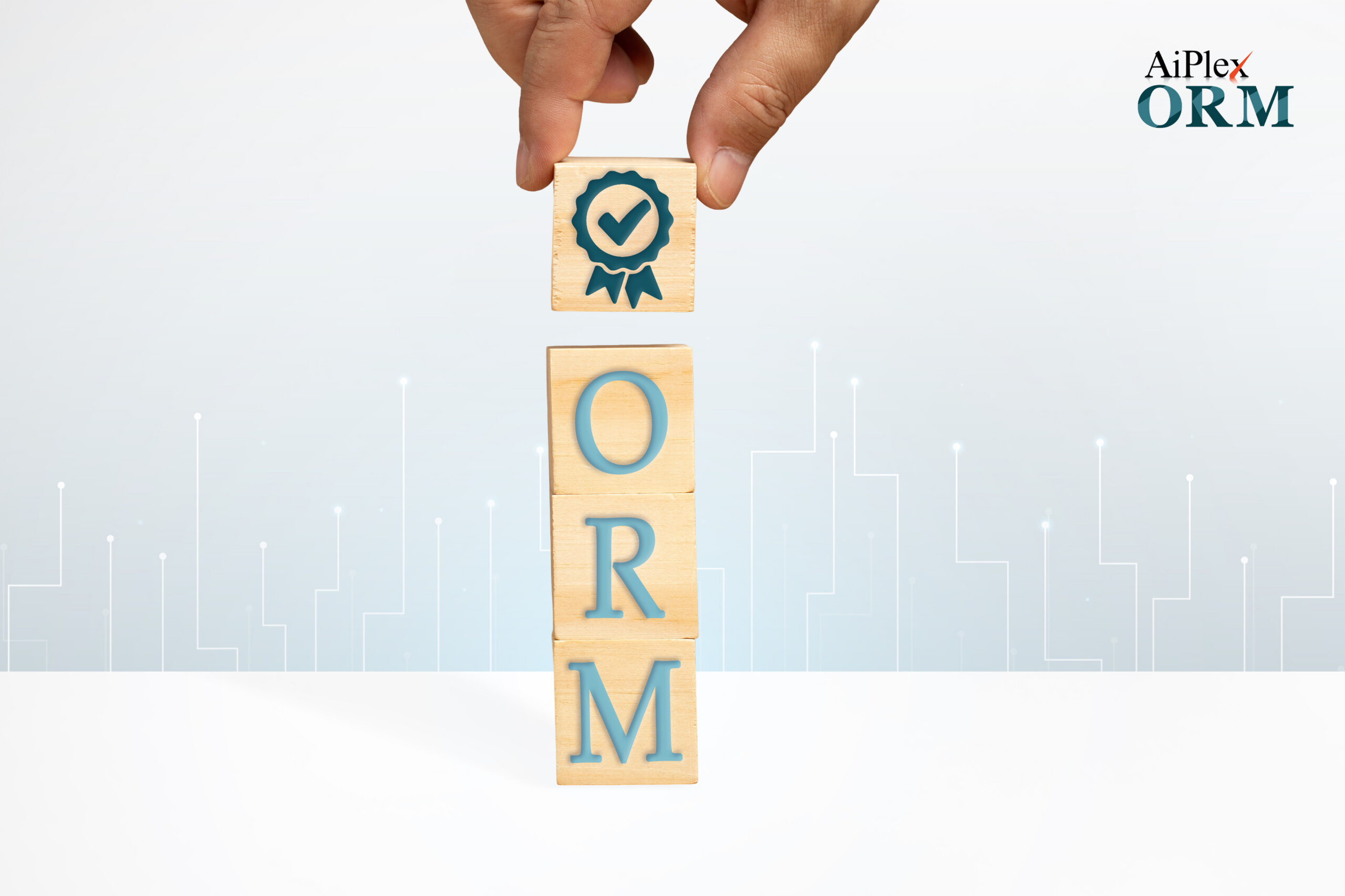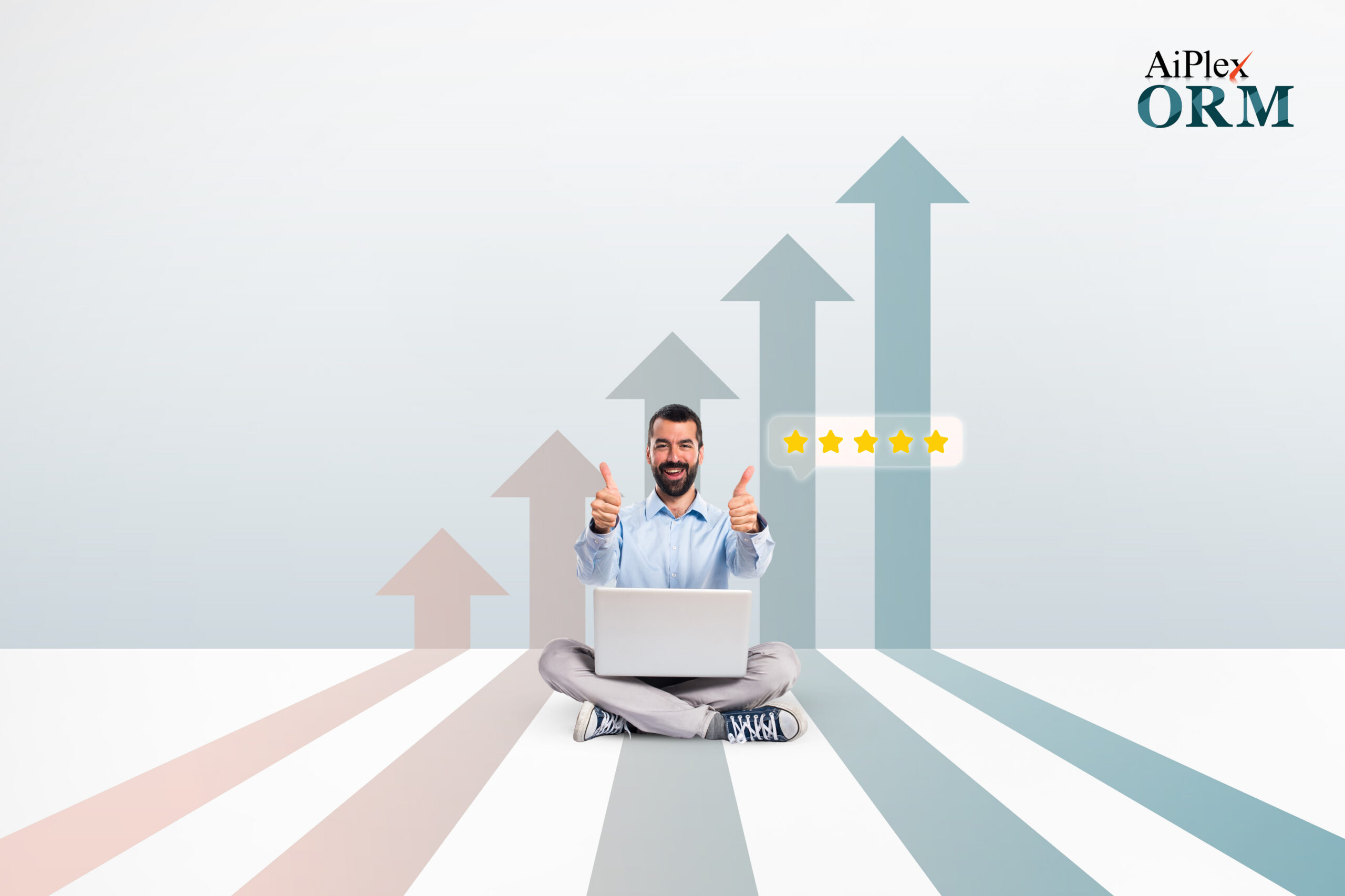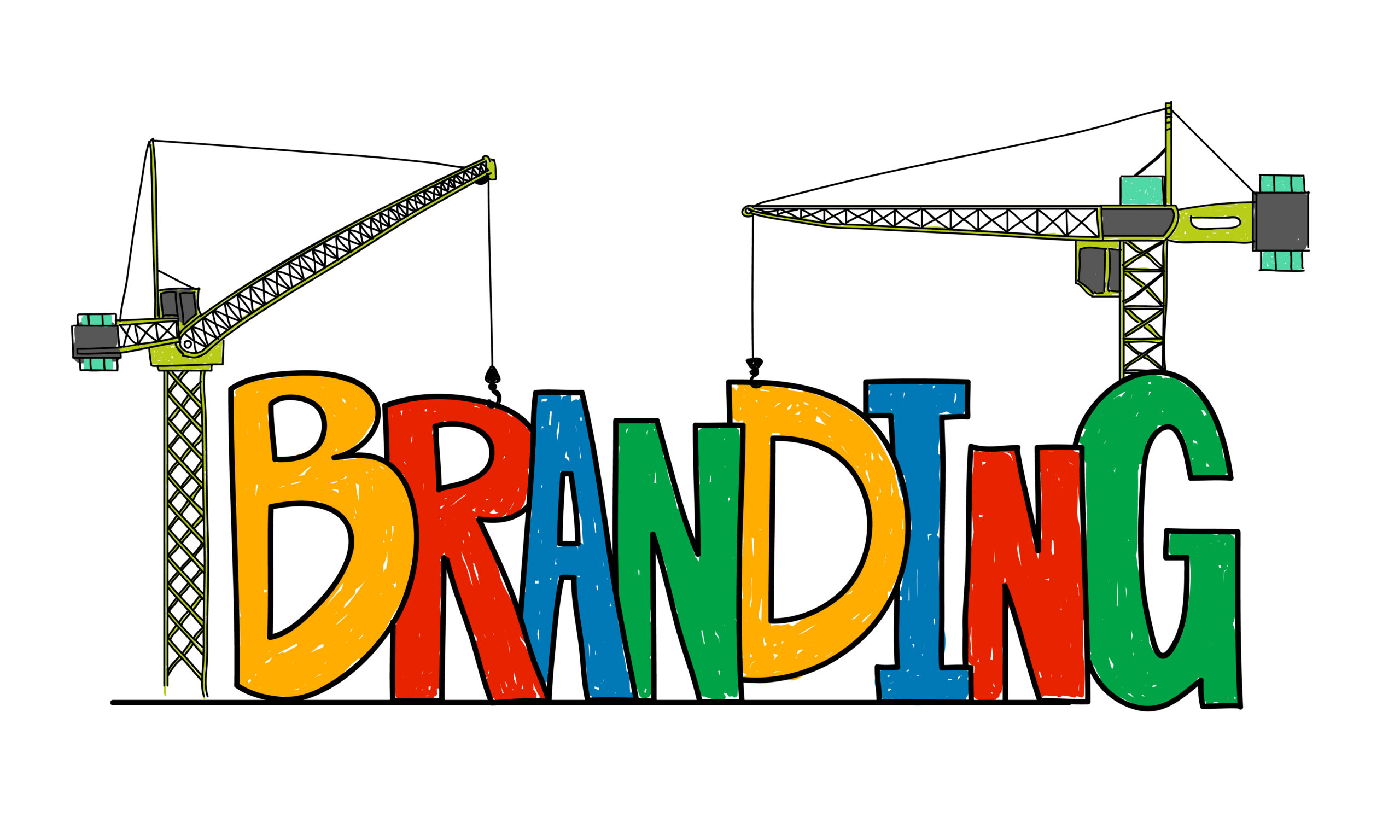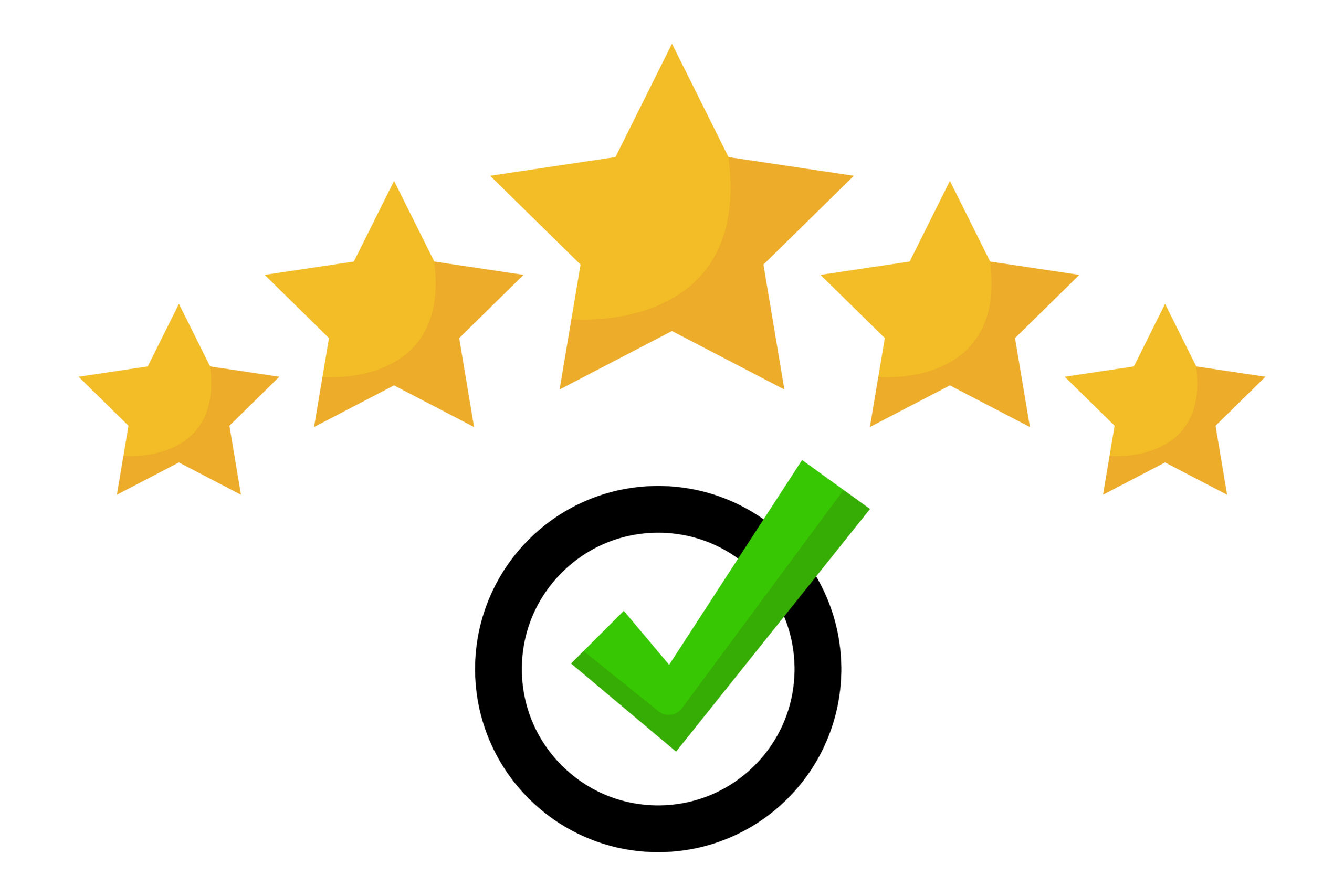From small businesses to global corporations, everyone is realizing that public perception online can make or break success.
With social media shaping opinions in seconds, an ORM company (Online Reputation Management company) has become an essential partner in ensuring that digital credibility remains strong and consistent. Imagine a potential customer searching your brand and finding positive, trustworthy reviews instead of outdated or misleading content—this is where a top ORM company steps in.
In this blog, we’ll explore what makes a leading ORM company stand out in 2025. You’ll discover the latest strategies, tools, and best practices shaping the industry this year. We’ll also explain how AiPlex ORM leverages advanced technologies to deliver measurable results for brands worldwide. Whether you’re a startup looking to build your online presence or a large enterprise managing global reputation, you’ll find valuable insights ahead. Visit AiPlexORM to learn more about their innovative reputation management solutions.
Things to Know Before Choosing the Best ORM Company in 2025
Choosing an ORM company is more than hiring a service provider; it’s about trusting a partner to protect and enhance your brand’s identity online. Before diving into the list of top features and differentiators, it’s crucial to understand the underlying factors that determine ORM success in 2025. This section explores the foundational elements that every business should know.
1. Understanding Modern Online Reputation Management Trends
Online reputation management has evolved significantly. In 2025, ORM is not limited to handling reviews or suppressing negative content—it’s about proactive reputation building. Today, leading ORM companies use predictive analytics, AI-driven monitoring, and real-time engagement to maintain brand health. They integrate social listening, PR strategies, and influencer collaborations to create holistic visibility.
Businesses now prioritize ORM strategies that focus on authenticity, transparency, and engagement. Top ORM agencies monitor brand mentions across platforms and use data analytics to anticipate potential crises before they escalate. This future-focused approach ensures brands remain resilient and trustworthy in an increasingly competitive market.
2. Importance of AI and Automation in ORM Services
Artificial intelligence and automation tools are revolutionizing ORM in 2025. AI-powered sentiment analysis tools now help detect subtle shifts in audience perception, allowing companies to respond instantly. Automation streamlines reputation audits, making them faster and more accurate. The best ORM service providers invest heavily in AI to enhance efficiency and deliver personalized insights for clients.
This integration of technology means brands can now manage online mentions, analyze feedback patterns, and customize their responses at scale. With tools like ChatGPT-driven communication support and automated alert systems, ORM companies are transforming how reputation management is executed across industries.
3. Key Metrics That Define ORM Success
Measuring ORM success goes beyond removing negative links or improving ratings. The top ORM firms in 2025 track metrics like share of voice, engagement sentiment, search visibility, and customer advocacy rates. These data-driven KPIs offer a transparent view of how reputation management impacts brand equity.
By using comprehensive dashboards, businesses can now measure ROI from ORM efforts. These insights not only help in strategic decision-making but also align marketing and customer experience goals with reputation outcomes, ensuring a consistent and credible brand image.
4. Integration of ORM with Digital Marketing
In 2025, ORM is deeply integrated with digital marketing. Search engine optimization (SEO), social media marketing (SMM), and public relations (PR) are interconnected in maintaining a brand’s reputation. The most effective ORM agencies understand that content visibility and credibility go hand-in-hand. A negative article on the first page of Google can directly affect conversions and trust.
By merging ORM with digital marketing strategies, companies ensure consistent messaging, stronger brand recall, and better control over narrative. ORM companies that provide unified solutions—combining SEO, content marketing, and PR—are considered leaders in the field.
5. Personalization and Human-Centric Strategies
While technology plays a big role, personalization remains the core of reputation management. A standout ORM company doesn’t just use data; it humanizes it. In 2025, personalization means crafting responses that align with a brand’s voice and resonate emotionally with audiences. Companies that focus on empathy-driven communication maintain stronger relationships with their customers.
Humanized ORM strategies build trust. Whether addressing a negative review or promoting success stories, a balance between data insights and emotional intelligence defines the best ORM outcomes today.
Key Qualities That Make a Top ORM Company Stand Out
To understand what sets the best ORM companies apart in 2025, we need to explore their core strengths and unique approaches. Below are the essential characteristics that distinguish leaders in the ORM industry.
1. Advanced Data Analytics and Insights
Top ORM companies rely on advanced analytics to track, interpret, and respond to online sentiment. Using AI-based systems, they gather insights from millions of data points across social media, blogs, and review sites. This enables quick, evidence-based decision-making.
AiPlex ORM, for instance, integrates advanced analytics dashboards that visualize brand sentiment trends over time. These insights help clients identify opportunities to enhance brand credibility while proactively addressing issues before they spread.
2. Proactive Reputation Building
Rather than waiting for negative press to appear, the best ORM service providers focus on proactive reputation management. They help brands create a strong foundation through consistent storytelling, PR collaborations, and strategic content placement. This preventive approach ensures that positive narratives dominate search results and social platforms.
In 2025, proactive ORM is about building long-term trust. By maintaining a steady stream of brand-positive content and engagement, companies secure their image even during times of crisis.
3. Real-Time Monitoring and Crisis Response
Speed is everything in digital reputation management. Leading ORM agencies utilize real-time monitoring tools that detect and alert teams about potential reputation risks. A single viral post can change perception overnight, so instant response mechanisms are essential.
AiPlex ORM’s 24/7 monitoring systems allow brands to react promptly and strategically, mitigating reputational damage within minutes. This readiness not only protects brand image but also reinforces customer trust.
4. Transparency and Ethical ORM Practices
Ethical ORM is becoming a major differentiator in 2025. Reputable companies follow transparent practices that adhere to digital compliance and data protection laws. They focus on content correction, reputation recovery, and transparent engagement rather than manipulative tactics like fake reviews or link spamming.
Customers value honesty. ORM companies that prioritize ethical methods strengthen both credibility and long-term partnerships. AiPlex ORM’s transparent process demonstrates how integrity builds sustainable brand trust.
5. Global Reach with Localized Expertise
As brands expand globally, ORM companies must understand regional markets and local cultural nuances. A top ORM company in 2025 offers both global monitoring capabilities and localized strategies tailored for specific audiences.
AiPlex ORM combines international reach with local expertise. Whether managing English-speaking or multilingual markets, their strategies ensure relevance and relatability. This hybrid model empowers brands to maintain a cohesive global reputation.
Why Choose AiPlex ORM for Online Reputation Management in 2025
AiPlex ORM stands out as a trusted name in reputation management, blending innovation, experience, and ethical practices. Their team employs advanced AI monitoring, human-led analysis, and integrated marketing strategies to deliver 360-degree brand protection. They don’t just manage reputations—they build them with care, consistency, and creativity.
Whether you’re a business owner, public figure, or enterprise, AiPlex ORM provides tailored solutions to manage online visibility effectively. Their services include content removal, review management, brand monitoring, and crisis response. By combining automation with human insight, AiPlex ensures lasting results that keep brands strong in an ever-evolving digital landscape.
Conclusion
In 2025, the competition for online trust is fiercer than ever. A top ORM company distinguishes itself through proactive strategies, transparent ethics, and advanced technologies that shape positive digital perceptions. From AI-driven analytics to personalized engagement, these companies redefine how brands manage credibility and influence.
AiPlex ORM continues to lead this transformation by offering comprehensive solutions tailored to modern digital challenges. For businesses aiming to secure their online identity, choosing a reliable partner like AiPlex ORM can make all the difference. AiPlexORM.com today to explore how their services can strengthen your brand reputation and elevate your digital presence.








